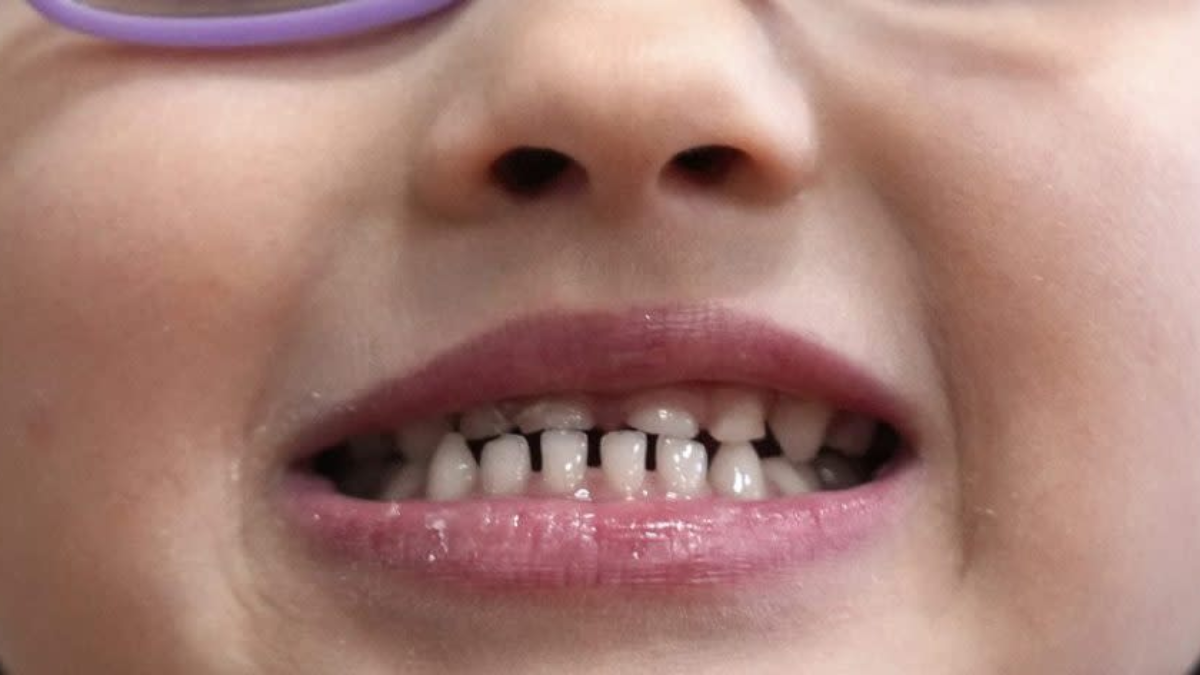
In a significant development that could impact millions of families, the U.S. Food and Drug Administration (FDA) is taking steps to ban oral fluoride supplements commonly used by children. The move follows mounting scientific concern over potential links between ingested fluoride and neurological harm, particularly reduced IQ in children.
Table of Content:-
A Shift in Pediatric Dental Prevention
For decades, fluoride has been hailed as a dental care essential. It’s a naturally occurring mineral present in water, soil, and various foods. When applied topically via toothpaste or mouth rinses, fluoride helps to prevent tooth decay by strengthening enamel. However, the focus is now shifting to the safety of oral fluoride supplements, such as tablets and lozenges, which are consumed rather than applied externally.

These supplements are typically prescribed for children living in areas with low fluoride levels in drinking water or for those at high risk of cavities. Yet, despite their widespread use, the FDA has never formally approved these ingestible products. Now, with a growing body of research linking ingested fluoride to serious health issues, the agency is reevaluating their place in pediatric care.
Also Read: Type 1 Diabetes Diagnosed In Adulthood Tied To Higher Heart Disease And Death Risk: Study Finds
Mounting Concerns Over Neurotoxicity
The FDA’s announcement is rooted in scientific literature suggesting a potential connection between fluoride ingestion and brain development issues. Citing recent studies, the agency warns that excessive fluoride intake may disrupt the gut microbiome, impair thyroid function, and possibly contribute to decreased IQ in children.
One notable study published in JAMA Paediatrics reported a statistically significant association between prenatal fluoride exposure and reduced IQ scores in children. A broader meta-analysis further classified fluoride as “toxic to early brain development.” Additionally, the National Toxicology Program issued a report expressing “moderate confidence” in the correlation between high fluoride levels and lower cognitive performance in young individuals.

FDA Commissioner Dr. Marty Makary emphasised the urgency of the matter, stating, “For the same reason fluoride combats dental bacteria, it may also negatively affect beneficial gut bacteria vital for a child’s growth and development.”
RFK Jr.'s Involvement and Public Health Policy Shift
Robert F. Kennedy Jr., Secretary of the Department of Health and Human Services, has been a vocal critic of systemic fluoride exposure. He argues that fluoride, particularly when ingested, is an industrial byproduct linked to a wide array of health risks including arthritis, bone cancer, and neurodevelopmental disorders.
Also Read: Game-Changing CAR-T Cancer Therapy Linked To ‘Brain Fog,’ Study Warns Of Cognitive Side Effects
Kennedy’s campaign, dubbed “Make America Healthy Again,” is aimed at reducing children’s exposure to environmental toxins. The FDA’s latest move aligns with this broader public health initiative, focusing on reducing non-essential chemical intake during crucial developmental years.

Dentists Push Back as Debate Intensifies
Not everyone agrees with the FDA’s decision. The American Dental Association (ADA) has pushed back, citing concerns that removing fluoride supplements could lead to a resurgence of tooth decay in vulnerable populations. The ADA argues that the studies being used to justify the ban were conducted in regions with far higher natural fluoride levels than those used in U.S. supplements.
Historically, the U.S. has seen significant reductions in dental cavities after introducing fluoride into public water systems, beginning in Grand Rapids, Michigan, in 1945. Some local dentists at the time reported up to 60% fewer cavities in children. Today, about 60% of the U.S. population has access to fluoridated water.
What Happens If the Ban Is Finalised?
Should the FDA finalise the ban, products like Luride, Pediaflor, and Fluoritab could vanish from pharmacy shelves by the end of October. Children would then rely solely on fluoridated toothpaste and mouthwash to maintain dental health. The CDC currently recommends fluoride dosages for children based on age, with higher doses for older kids and teens.
With over 170 communities having removed fluoride from drinking water since 2010, and states like Utah banning its addition altogether, the FDA’s proposed restriction could mark a turning point in national dental health policy.
Bottomline
As the FDA completes its evaluation, due by October 31, public health experts and parents alike are closely watching what could become a landmark decision for child safety and preventive care in the United States.
Also watch this video
Read Next
US President’s Daughter Tiffany Trump Welcomes Son, Reveals Name: Here Is His Name's Meaning
How we keep this article up to date:
We work with experts and keep a close eye on the latest in health and wellness. Whenever there is a new research or helpful information, we update our articles with accurate and useful advice.
Current Version
